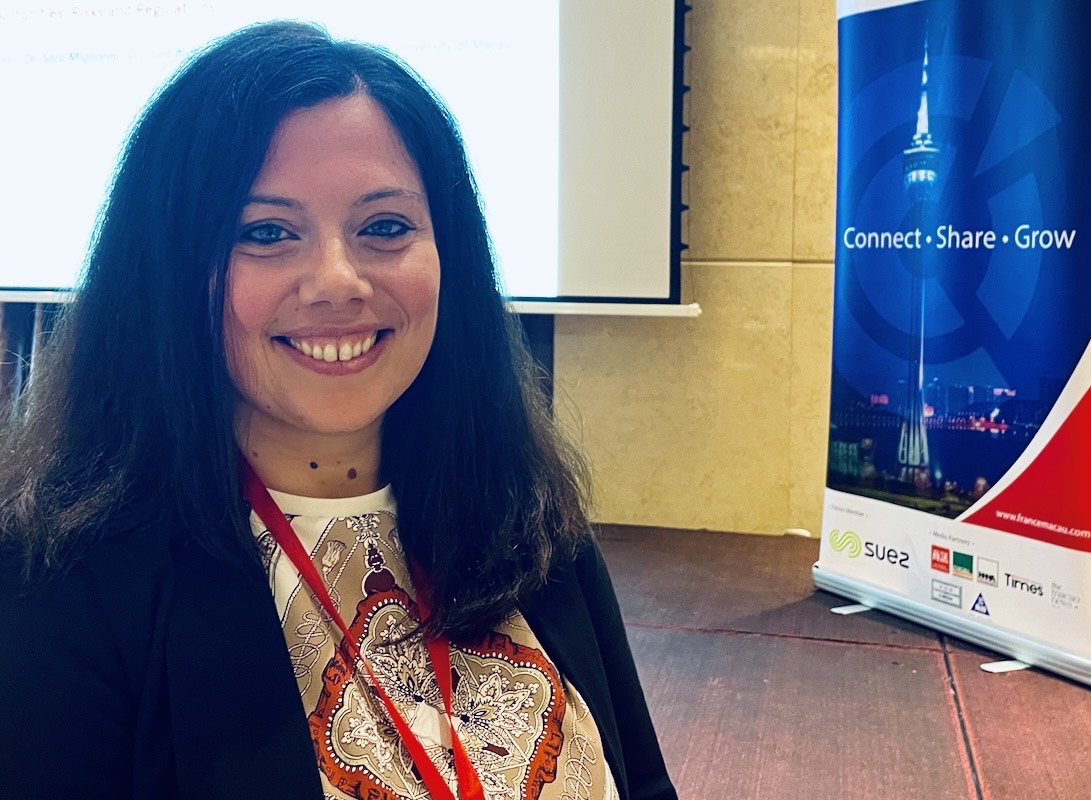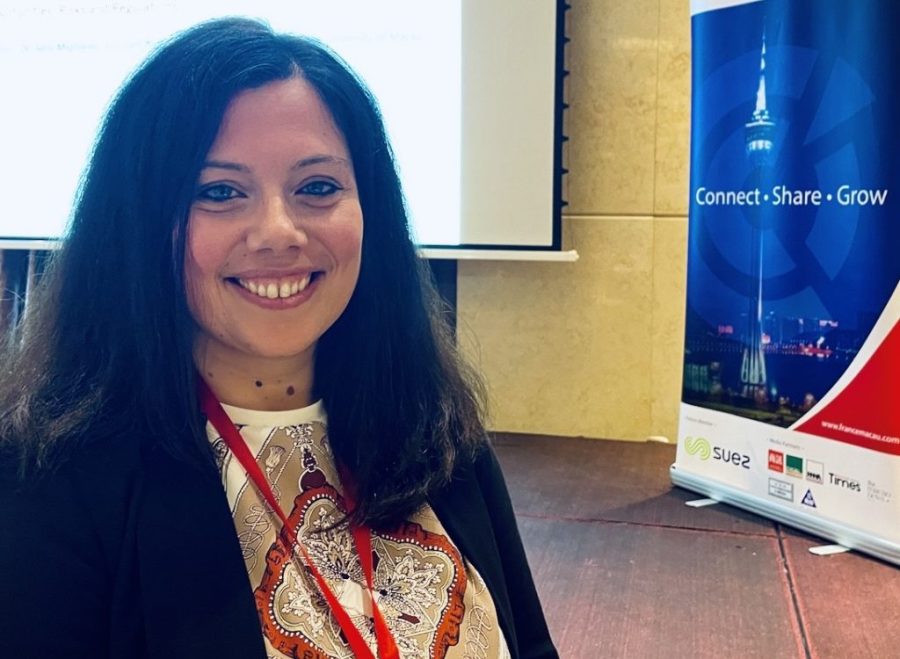If regulators don’t act, businesses “that have a commercial purpose” will push AI to a place “where it’s very profitable but probably not the best kind of use of these technologies”.
That is the assessment of the risks posed by ChatGPT and other AI-powered chatbots made today by Dr. Sara Migliorini, associate professor of global legal studies at the University of Macau.
The professor was addressing a breakfast seminar organised by the France Macau Chamber of Commerce (FMCC). Her talk focused on the role of the legal community and governments in steering the development of commercial chatbots in a positive direction.
She also called for the mitigation of problems chatbots have already posed, such emotional manipulation and the fostering of plagiarism, which has left educationalists especially worried.
“We don’t have to fall into a trap of thinking we have to stop it – we just have to steer it towards a common good”, the professor told the audience of some 60 participants. “Lawyers and policy makers need to act to create a regulatory framework”.
In introducing the professor, the head of the FMCC, Rutger Verschuren, said that AI and chatbots are “already happening now” and that we need to know both the “risks and opportunities” posed by them.
[See more: Government calls for funding applications from science and technology researchers]
The issues raised by ChatGPT and similar chatbots have already come under scrutiny in Macao.
Earlier this month, lawmaker Leong Sun Iok questioned the government about the need for guidelines governing the use of AI by students. “How can we get students to correctly use artificial intelligence as a learning aid? How can guidelines be formulated for residents to deal with the impact generated by new technologies?”, he asked officials.
For Prof. Migliorini, the solutions lie in using both existing regulations and drafting “new laws to regulate this technology, such as to set a standard on what is the limit” when it comes to machine learning.
“I don’t think we should ban it but we should definitely regulate it”, she told the FMCC audience. “To use it just for profits is simply not right”.
Her address was part of the ‘Breakfast Talk Rendez-vous’ series of gatherings organised by the FMCC.
Last year, Professor Rostam Josef Neuwirth, also of the University of Macau, told a similar gathering that “The risk is that [AI] is not smarter than us but we delegate so many decisions to it”.






